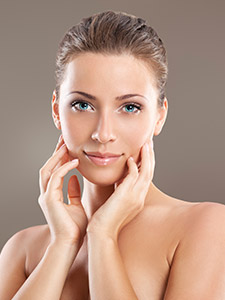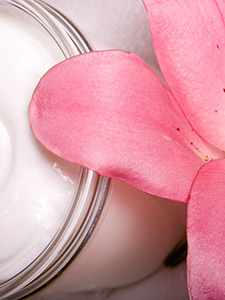
Meet Dr. Amy Krachman
Customized Care with a Personal Touch
“I founded Dermalogic with a passion for helping my patients achieve and maintain beautiful, healthy, and younger looking skin.”
– Amy Krachman, DO
Office Address
777 South White Horse Pike
Suite D1
Hammonton, NJ
Suite D1
Hammonton, NJ







